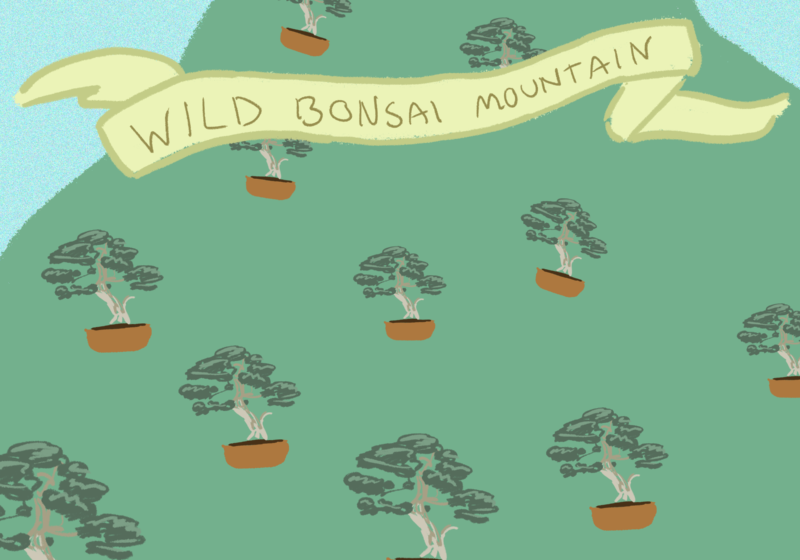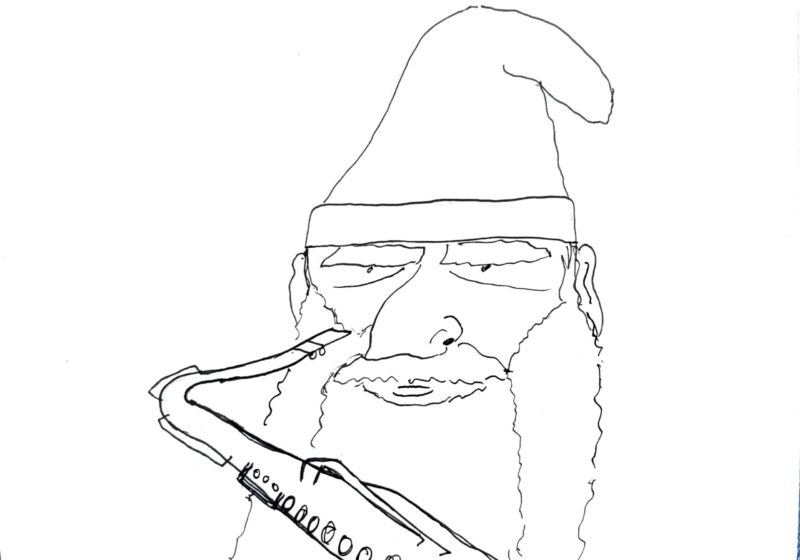My first memory of academic anxiety was when I was in second grade. I had nightmares about not putting my homework folder in my backpack, nightmares about forgetting to do worksheets. These thoughts would jolt me awake at night, and they’d burn the backs of my eyes by the morning.
It sounds silly, I know. Stress dreams about… coloring pages? Basic arithmetic? I mean, what do you even do in second grade? But of course, everything feels important when you’re living it. And of course, I was a very anxious child.
This anxiousness runs in my family. It’s hardly surprising that it found its way to me — in many ways, my younger experiences with academic anxiety mirror my mother’s. Many factors of mental health are hereditary, and so this part of myself was baked into who I was. The way I experience the world around me has been shaped by anxiety for as far back as my memory could take me. There was no imagining my world without it.
In high school, test anxiety ruled my world. Small quizzes would have me ready to vomit; big exams gave me extreme fatigue and panic attacks. I lived my life between exams, pausing everything in my life for tests. It was a vicious, grueling way to pull myself through my classes. But like I said, I couldn’t imagine another way. That’s just how it was, right? I’d have to learn to deal with it. And deal with it I did — but at a consistent cost to my sanity.
When the pandemic forced school to move online, school became more flexible and felt a lot less serious in its virtual format. Assignments and tests were structured differently, classes seemed less formal, and everyone was working through a myriad of odd and difficult circumstances. Things began to gently shift for me — open-note tests helped me calm my nerves, being able to take assessments from my own room, completely alone, helped soothe my anxiety, and the graciously understanding nature of the majority of my teachers during the pandemic’s early chaos provided me with relief I didn’t even realize I needed. The powerful and holistically disruptive force of the pandemic pushed me in a new direction, force-feeding me some perspective on my stress and redirecting it towards things that mattered to me more than school, grades, or feelings of success: my health and the health of my loved ones, physically, mentally, and emotionally.
The pandemic abruptly changed so much of the world we know and the way we interact with it. On a personal scale, it forced me to realize how little is guaranteed — not our health, not our plans, not our lives — and how that means we should not — and cannot — wait to push for our own happiness. We should not wait to seek help, work on ourselves, and better ourselves. Realizing this better version of ourselves is not a fantasy. With work, we can change.
A few weeks ago, I walked into a midterm thinking mostly about what I was going to order at Starbucks when I finished. No panic attacks, no extreme fatigue, no nausea, just the barest flutter of healthy nervousness in my stomach. The night before the test, I watched TV and sketched before bed. No inability to think of anything other than the test, no sealing myself off from things I enjoyed.
This took a lot of work energy, and time to get to. It also certainly still isn’t my “normal” — anxiety is still a huge factor in my life, one that I think will never entirely leave me. And yet, I’m not sure how to put into words how unthinkable this experience was to me just a few years ago. I was so sure that who I was — and the anxiety that came with that — was absolutely set in stone. And though pieces of it certainly are, embedded like sediment in the heart of who I am, the severity and struggle of it ebb and flow, gentle out, and cease to erode me so harshly as it did before. If my anxiety is set in stone, then I will continue to chip away at it.





